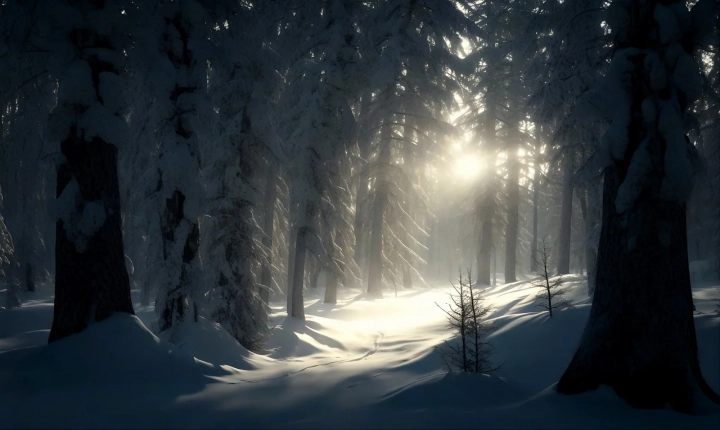Title: Unleashing Creativity: Can AI Be Creative?
In this age of rapid technological advancement, artificial intelligence (AI) has become an integral part of our daily lives. AI has proven to be efficient in carrying out repetitive and mundane tasks, analyzing data, and even assisting in decision-making processes. However, the question of whether AI can exhibit creativity has sparked a debate among researchers, technologists, and artists. Can AI truly be creative, or is creativity strictly a human capability?
The notion of creativity has long been associated with human intellect, imagination, and emotional depth. Creativity often involves the ability to generate original ideas, concepts, or solutions, which are not only novel but also valuable. It requires an element of intuition, emotions, and a deep understanding of the human experience. These traits have historically been considered exclusive to human cognition, leading to skepticism about the potential for AI to exhibit genuine creativity.
However, recent advancements in AI technology have challenged this notion. AI algorithms have been developed to generate art, compose music, write poetry, and even create compelling narratives. These AI-generated works have often been indistinguishable from those created by human artists, leading to a re-evaluation of AI’s creative potential.
One of the key arguments in support of AI’s creative capabilities is its ability to analyze vast amounts of data and synthesize new ideas. AI systems can identify patterns, trends, and correlations that are not immediately apparent to human observers. By processing and learning from diverse sources of information, AI can produce innovative and unexpected outcomes, akin to the thought processes involved in human creativity.
Furthermore, AI has the ability to collaborate with human creators, enhancing their creative abilities rather than replacing them. By leveraging AI tools, artists, musicians, and writers can explore new creative possibilities, expand their artistic repertoire, and overcome creative blocks. AI can serve as a catalyst for inspiration and a source of novel ideas, leading to collaborations that may result in groundbreaking works of art.
However, the debate around AI and creativity is not without its skeptics. Some argue that while AI can mimic creative outputs, it lacks the genuine emotional depth and human experience that underpin true creativity. The ability to experience genuine emotions, form personal connections, and deeply understand the human condition is fundamental to human creativity and is perceived as a barrier for AI.
Moreover, critics raise concerns about the potential loss of human creativity and individual expression in a world dominated by AI-generated content. They argue that an overreliance on AI-generated creativity may homogenize artistic expressions and devalue the authenticity of human creativity.
In conclusion, the question of whether AI can be creative is complex and multifaceted. While AI has demonstrated its ability to produce outputs that appear creative and novel, the debate continues on whether AI possesses genuine creativity or serves as a tool to augment human creativity. The potential for AI to collaborate with and inspire human creators offers an exciting prospect for the future of art, music, literature, and innovation. However, it is essential to approach the integration of AI in creative processes with caution, ensuring that human creativity remains authentic and valued in a world enriched by AI’s creative potential. As AI continues to evolve, the dialogue around its creative capabilities will undoubtedly persist, shaping the future landscape of creativity and innovation.
